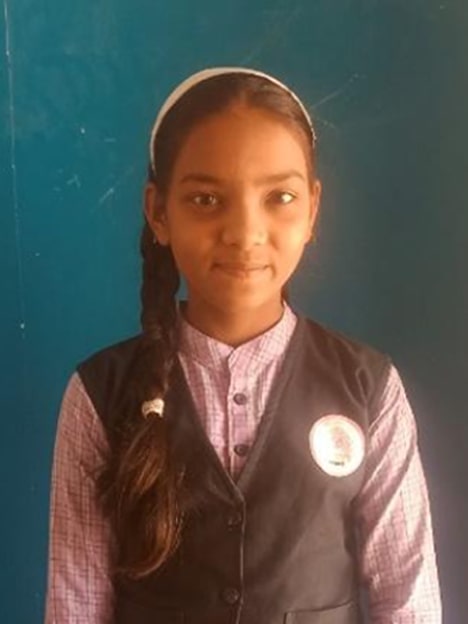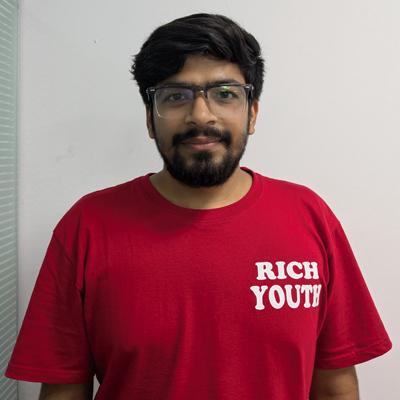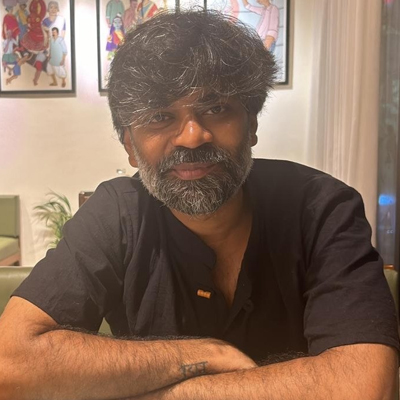Area: Education
In a continually evolving world, education is not just about acquiring knowledge, it’s about building the confidence to apply it. For many students, traditional classroom learning often fails to ignite curiosity or cater to their individual learning styles. This was the case for Purva Dattatray Ghule, a bright but hesitant 13-year-old student from 8th grade at Doctor Dada Gujar School, Pune. While she had a keen interest in learning, she struggled with subjects like English and Science, finding it difficult to grasp abstract concepts. More than just an academic hurdle, these challenges chipped away at her confidence, making her hesitant to participate in class and express herself freely.
Purva’s story is not unique. Countless students in India face similar struggles, where a rigid educational structure, limited engagement, and self-doubt create barriers to learning. However, with the right interventions, these barriers can be transformed into stepping stones for growth. Introduced by Cummins India Ltd., Samhita CGF and Roots Foundation, Project LEAP equips adolescents with Functional English skills, life and leadership training, and career guidance – and it provided Purva with the tools she needed to unlock her true potential. The traditional lecture-based teaching methods did not resonate with her, which made it even harder for her to stay engaged in class. However, with the structured support of Project LEAP, Purva improved her academic performance but also strengthened her self-belief and motivation.
Despite her willingness to learn, Purva faced multiple obstacles. She struggled with spelling and understanding scientific concepts, making it difficult for her to keep up with classroom lessons. The lack of engaging and interactive learning approaches made it harder for her to stay focused. Repeated difficulties led to self-doubt, making her hesitant to participate in class discussions or express her thoughts confidently.
Recognizing these challenges, Project LEAP introduced tailored interventions to make learning more engaging and effective. The curriculum was adapted to include interactive and hands-on learning activities in Functional English. A peer-pairing system was also introduced, where she was paired with a classmate who helped her practice English reading and speaking skills in an encouraging environment. Regular reading exercises, storytelling sessions, and word-learning activities helped her build a stronger foundation in language skills.
As a result of these targeted strategies, Purva experienced better focus and could retain information more effectively because of the shift from passive to interactive learning methods. She started engaging more actively in group activities and classroom discussions, leading to enhanced communication skills. The support of her peer buddy boosted her confidence, enabling her to overcome her hesitation in speaking English. Gradually, she developed a newfound enthusiasm for learning, approaching challenges with greater self-assurance.























